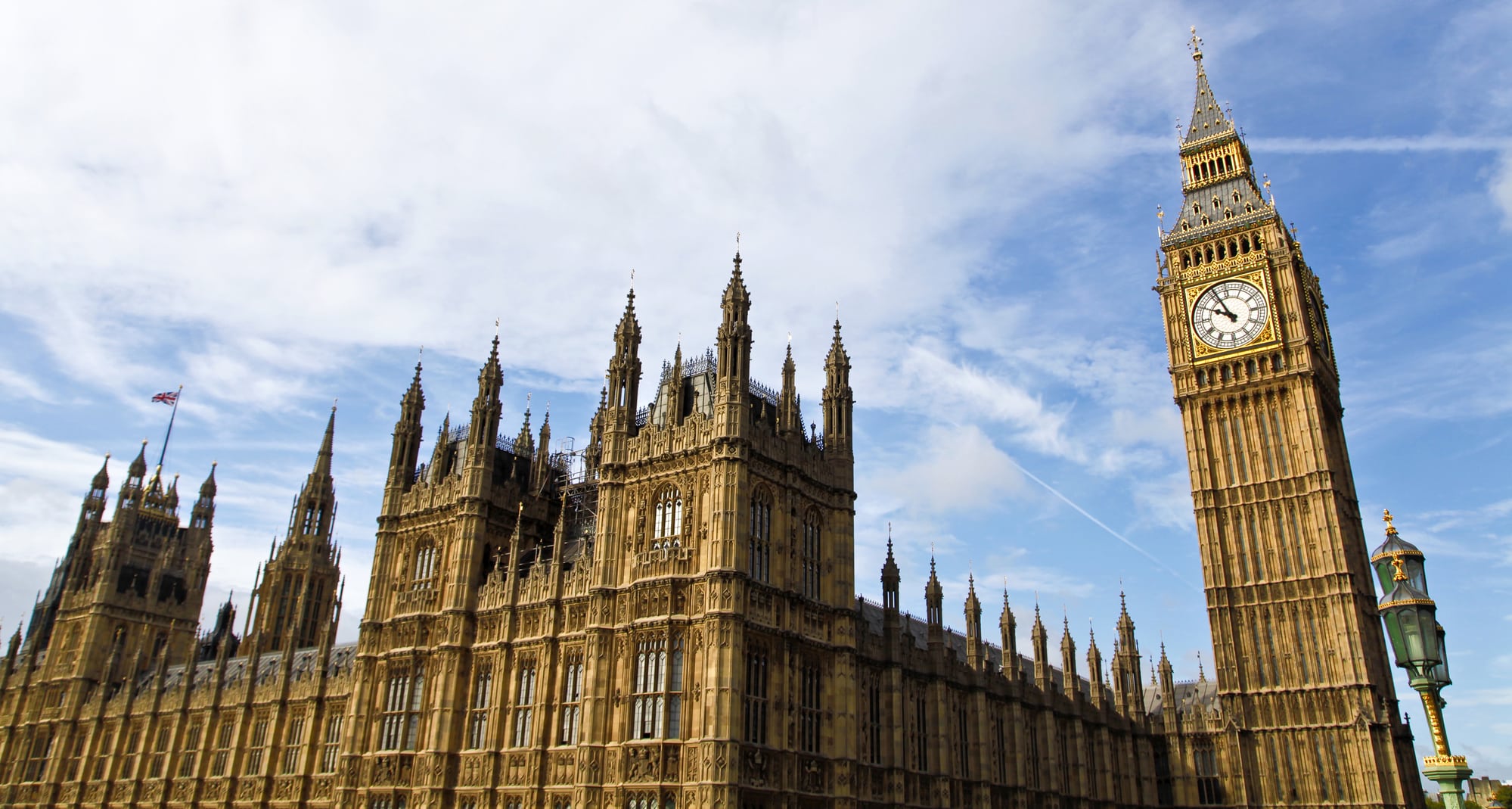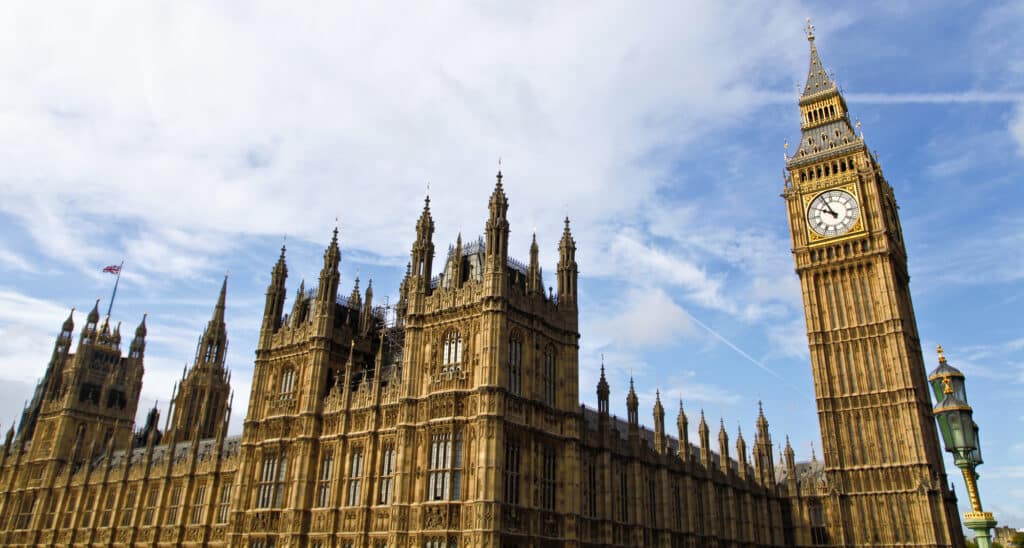Ethical Challenges in the Extractives Sector
Business Ethics Debates | read time: 4 min
Published: 29 April 2013

Businesses in the extractive industry work in some of the world’s most challenging ethical environments. Representatives from some of the leading companies in this field discussed the ethical challenges their businesses face at a recent debate held by GoodCorporation at the House of Lords.
The debate began with an introduction from one of the leading players in this field; outlining some of the steps that company takes in order to ensure the ethical operation of its business.
Ethical conduct, it was argued, must begin with the CEO and permeate the entire organisation. A six-step process was outlined.
- Step one: Develop an ethical policy and code of conduct that is distributed throughout the company to all levels.
- Step two: Conduct training throughout the organisation to ensure that the code is properly understood.
- Step three: Ensure integrated learning of the code through co-ordinated meetings in order to share information.
- Step four: Monitor the application of the code of conduct throughout the organisation.
- Step five: Conduct a regular assessment of the effective implementation of this code using third party assessors with an established track record and ensure that senior management receive the results of these assessments.
- Step six: Implement an effective whistleblowing system and ensure that all staff know when and how to use it.
Two of the biggest ethical problems facing the industry were then outlined; anti-corruption laws and human rights. Anti-corruption laws affect those companies registered or doing business in countries that implement those laws. Consequently, extractive companies registered elsewhere are not bound by the same anti-corruption legislation, leading to a very uneven playing field. An effective and genuinely international code of practice that would apply to all extractive companies was urgently called for.
Similarly, not all companies working in extractives observe the same Human Rights standards. Those that are members of the Global Compact are committed to a certain code of conduct. To ensure that this code is applied throughout all operations it is essential to monitor the supply chain very carefully as not all suppliers will be committed to the same Human Rights code.
The debate began in earnest with a question asking those present if they felt that the extractives industry was ahead or behind the game or on a par with other industries in tackling ethical challenges. The majority felt that the industry was ahead or on a par with others. Some felt that high impact industries such as extractives were ahead of the game because they had had to be. The majority of large organisations operating in this field are aware of the ethical challenges they face and are committed to doing all they can to ensure high ethical standards in all areas of their operation. One organisation had conducted a benchmarking exercise, which ranked extractive companies at the top of the league in terms of compliance.
However, there was a warning that more could always be done and that industries believed their own propaganda at their peril. It was also suggested that conclusions could not be drawn about the industry as a whole as there are many variances within it. For example, it was suggested that there is a huge difference in the behaviour of companies listed on the US stock exchange and therefore bound by the FCPA and those that ‘bask in the luxury of not being under US scrutiny’. However, as more countries tighten up their anti-corruption legislation, the UK included, it was felt that there was something of an ‘arms race’ going on in terms of compliance.
It was argued that the UK’s Bribery Act provides a good opportunity to look at compliance within the organisation and make sure that it is working from the top down. Sharing best practice should be encouraged and businesses need to ensure that there are procedures in place to guarantee that what is being said is also being acted upon. High ethical standards are dictated by the corporate culture. Measurement, it was felt, would be critical to getting to the heart of best practice in this area. Staff needed to be trained and their performance evaluated in all areas of ethical conduct.
Extractive industries have two critical factors in common that influence ethical behaviour. Companies in this field are more likely than most to be dealing with foreign governments and more likely to be doing business with a minority interest partner whose ethical standards might be harder to manage and measure. And although companies felt that they do get support from government when working in challenging environments, it was felt that they had very little power or influence that would affect behaviour.
Many agreed that in mining in particular, western businesses were competing with smaller artisan miners who operate largely below the radar of the prosecutors and observers. It was even suggested that it is the much smaller operators that are damaging the reputation of the extractive industry. Larger organisations are very much under the spotlight and do have measures in place to ensure high safety and human rights standards. Legislation should seek to monitor the conduct and practice of all operators whatever their size.
Differing ethical standards can place businesses at a competitive disadvantage. In some instances, high ethical standards may prevent a company from doing business at all. Are Western societies pushing ethical standards higher at the detriment of our businesses or should we be seeking to ensure that the best ethical practice really can be global?
With the problem of bribery, the issue of punishment was raised. Although it was recognised that paying bribes causes untold damage to the countries where they are paid, there is currently little attempt made to prosecute those on the receiving end of a bribe within those countries. It was suggested that however much energy was put into constructing frameworks and codes of conduct, the real issue is that of punishment.
This led to a discussion of where to do business. What does it take for a country to be so unethical that a company would refuse to do business there? Some admitted that where corruption is so endemic within a country they have backed out. Others have sought to lead by example, running their business within a challenging environment to the highest ethical standards and seeking to influence from within.
In conclusion, it was felt that extractive industries have been dealing with corrupt regimes and organisations for many years and have had more time than many other industries to develop systems and processes that will ensure high ethical standards. It remains, however, a key priority and those companies present clearly seek to ensure that, where possible, everyone in their organisation understands and behaves in line with expectations.
GoodCorporation Business Ethics Debate October 2010
work with us
